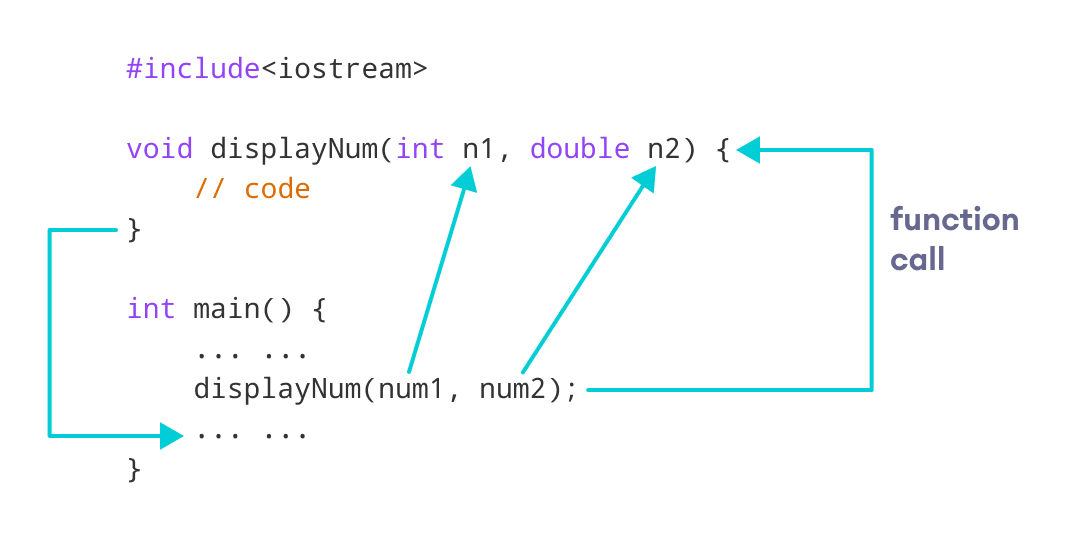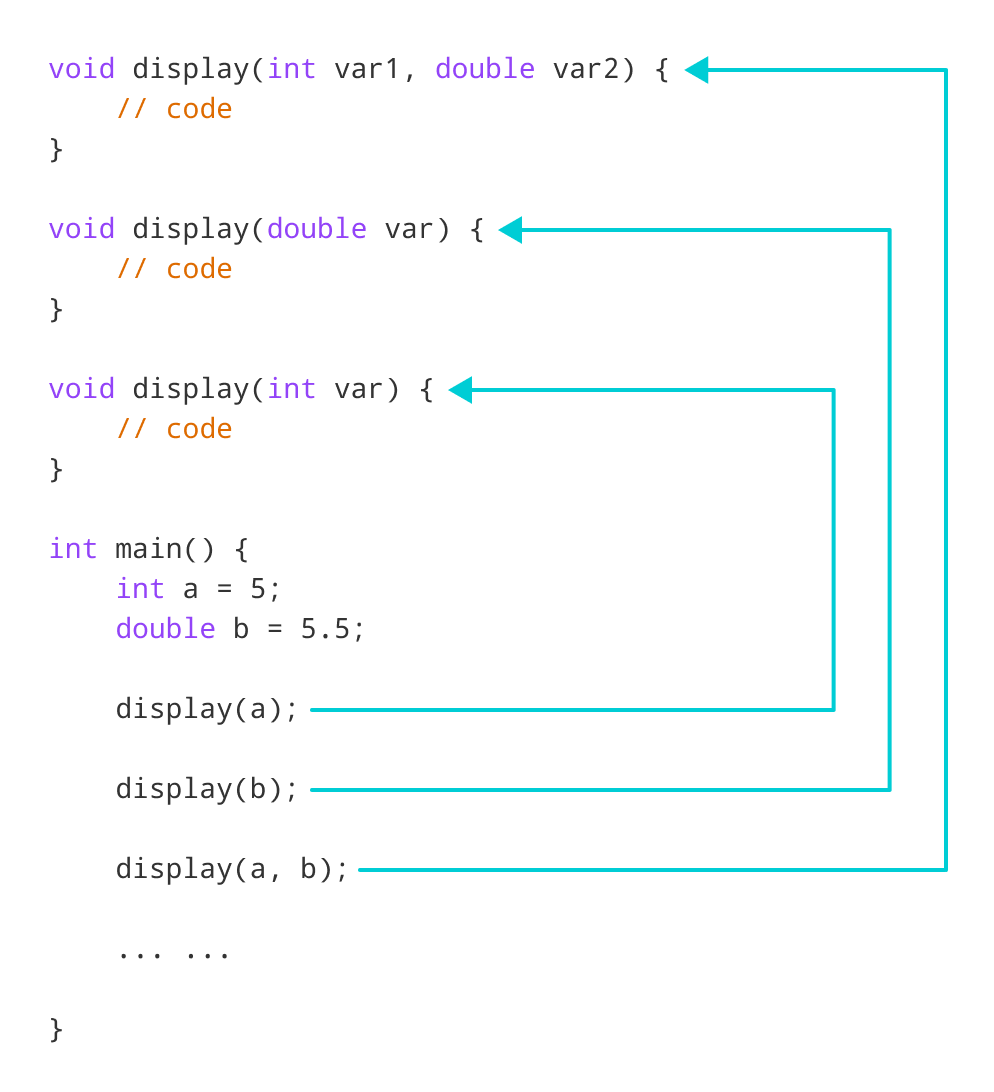C++ functions are a fundamental aspect of the C++ programming language, allowing developers to encapsulate code for reusability and organization. Functions are essential for managing complexity in programming by allowing developers to break down their code into manageable sections. This article aims to explore the various aspects of C++ functions, including their definition, structure, types, and best practices. If you are new to C++ programming or looking to deepen your understanding, this guide will provide you with the information you need.
The ability to create and utilize functions effectively can significantly improve code readability and maintainability. Functions also promote code reuse, which can save time and reduce errors. In this article, we will delve into the intricacies of C++ functions, offering insights and examples to enhance your programming skills. Whether you're a beginner or an experienced developer, understanding C++ functions is crucial for writing efficient and effective code.
As we progress through this guide, we will cover various subtopics related to C++ functions. From the basic definition to advanced concepts such as function overloading and templates, each section will provide valuable insights. By the end of this article, you will have a solid understanding of C++ functions and how to implement them in your projects.
Table of Contents
- 1. Definition of C++ Function
- 2. Structure of a C++ Function
- 3. Types of C++ Functions
- 4. Parameters and Arguments in C++ Functions
- 5. Return Values in C++ Functions
- 6. Function Overloading in C++
- 7. Function Templates in C++
- 8. Best Practices for Writing C++ Functions
1. Definition of C++ Function
A C++ function is a block of code that performs a specific task. It is defined by a name, a return type, and parameters (if any). Functions allow developers to write code that can be reused throughout a program without the need to rewrite the same code multiple times.
2. Structure of a C++ Function
The basic structure of a C++ function consists of the following components:
- Return Type: Specifies the type of value the function will return.
- Function Name: A unique identifier for the function.
- Parameters: Optional inputs to the function, enclosed in parentheses.
- Function Body: A block of code that defines what the function does, enclosed in curly braces.
Here is an example of a simple function in C++:
int add(int a, int b) { return a + b; } 3. Types of C++ Functions
C++ functions can be categorized into several types based on their characteristics:
3.1 Standard Functions
These are the functions defined by the C++ standard library, such as cout and cin.
3.2 User-defined Functions
Functions created by the programmer to perform specific tasks as per the requirements of the program.
3.3 Inline Functions
Functions defined with the inline keyword to suggest to the compiler to insert the function's code at the point of call to reduce function call overhead.
3.4 Recursive Functions
Functions that call themselves to solve a problem incrementally, which is useful in problems like calculating factorials or Fibonacci sequences.
4. Parameters and Arguments in C++ Functions
Parameters are variables defined in the function declaration, while arguments are the actual values passed to the function during a function call. Understanding how to use parameters and arguments is crucial for effective function design.
- Formal Parameters: Variables listed as part of a function's definition.
- Actual Parameters: The values provided to the function when it is called.
Example:
void display(int number) { cout << "Number: " << number << endl; } 5. Return Values in C++ Functions
Every function in C++ can return a value. The return type specified in the function definition indicates the type of value the function returns. If a function does not return a value, the return type should be void.
Example of a function returning a value:
double multiply(double x, double y) { return x * y; } 6. Function Overloading in C++
Function overloading allows multiple functions to have the same name with different parameters. This feature enhances code readability and allows similar operations to be performed with a single function name.
Example of function overloading:
int add(int a, int b) { return a + b; } double add(double a, double b) { return a + b; } 7. Function Templates in C++
Function templates allow functions to operate with generic types. This means you can define a function that works with any data type without having to overload it for each type.
Example of a function template:
templateT add(T a, T b) { return a + b; }
8. Best Practices for Writing C++ Functions
To write efficient and maintainable C++ functions, consider the following best practices:
- Keep functions focused on a single task.
- Use descriptive names for functions and parameters.
- Avoid side effects; functions should not modify global state.
- Utilize const correctness for parameters and return values.
- Document your functions with comments for clarity.
Conclusion
In conclusion, C++ functions are a powerful tool for managing complexity and promoting code reuse in programming. By understanding their structure, types, and best practices, developers can write more efficient and maintainable code. We encourage you to explore C++ functions further and experiment with creating your own functions. If you found this article helpful, please leave a comment, share it with others, or check out our other articles for more programming insights.
Closing Remarks
Thank you for reading this comprehensive guide on C++ functions. We hope this article has enriched your knowledge and understanding of this essential programming concept. Feel free to return for more articles and tutorials that will help you on your programming journey.




